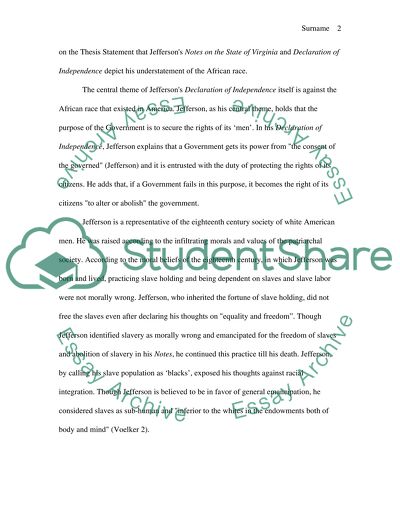Cite this document
(“Investigating Jefferson's Definition of 'Equality Essay”, n.d.)
Investigating Jefferson's Definition of 'Equality Essay. Retrieved from https://studentshare.org/english/1437762-investigate-jeffersonyies-definition-of
Investigating Jefferson's Definition of 'Equality Essay. Retrieved from https://studentshare.org/english/1437762-investigate-jeffersonyies-definition-of
(Investigating Jefferson'S Definition of 'Equality Essay)
Investigating Jefferson'S Definition of 'Equality Essay. https://studentshare.org/english/1437762-investigate-jeffersonyies-definition-of.
Investigating Jefferson'S Definition of 'Equality Essay. https://studentshare.org/english/1437762-investigate-jeffersonyies-definition-of.
“Investigating Jefferson'S Definition of 'Equality Essay”, n.d. https://studentshare.org/english/1437762-investigate-jeffersonyies-definition-of.


